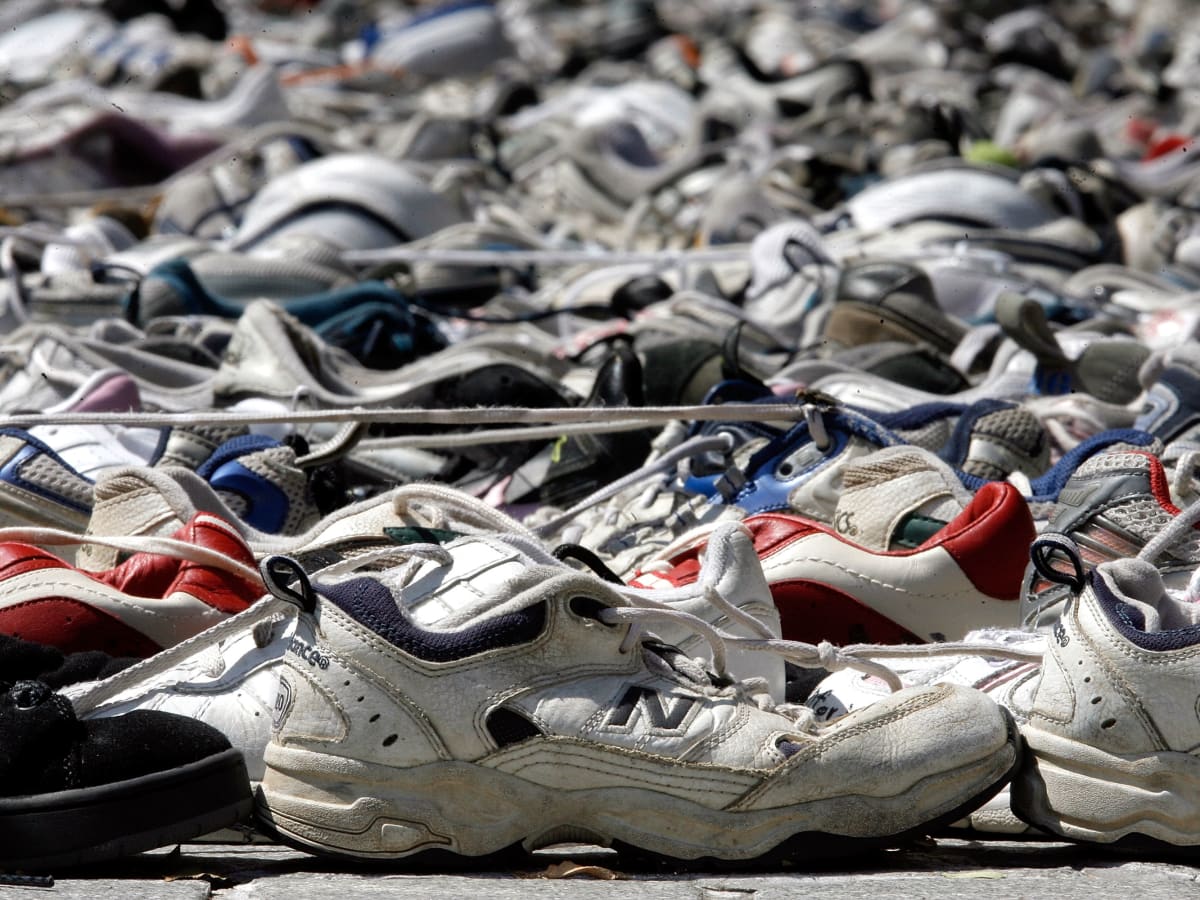

Earth is the one and only home that we have and we must take care of it. We’ve all seen similar phrases and slogans promoting the well-being of our environment. However, why is this so important? Well, frankly we couldn’t live without our environment. It provides just about everything that you can think of from food, water, and housing to the air that we breathe every day. Things that we couldn’t imagine living without are provided to us because of our earth. Climate change, global warming, air pollution, and water pollution are just a few problems that we have seen occurring in our environment. Some scientists predict that by 2030 the worst impacts of climate change will be irreversible. That is why we need to act now. You can take a look at the "Ways You Can Help" graphic and visit the “What Can I Do” google slides to see how you can help our environment today.

Infographic by Vanessa '24

❀ Interview w/ Blue Moon Farm Perennials ❀
By Meera Menon '24
For more than 30 years now, Blue Moon Farm Perennials in Wakefield, Rhode Island has been open and active, selling all types of beautiful perennial plants. From flowers to ferns, this plant nursery has everything one needs for their garden, so its popularity comes as no surprise. I sat down with the owner of the Blue Moon Farm, Jane Case and talked to her about her business.
Case has always been interested in farming. “My parents and their parents were big nature people.” she explains. Case says that when she was young, she was able to hike the whole length of the Appalachian trail. When she came across a plant she did not recognize, she drew it in her notebook and looked it up later. This further sparked her love for nature.
“My big thing is native plants.” Case says. Her farm is equipped with a greenhouse, a field, and several display gardens. Case explains that the farm provides support for pollinators, such as bees, butterflies, and hummingbirds by selling different pollinator beds. The majority of her plants are rich in nectar and pollen. “I tell people specific plants that target pollinators.” she says.
Case never expected her farm to grow to the size it is today. “My first nursery was really tough,” she recalls. “Back then it was not popular to have native plants.” Her farm grew notably larger due to the pandemic. With more people staying home, they started looking for ways to improve their living space, including their gardens. So naturally, Case’s plant business boomed.
Through her selling of native plants and pollinator beds, Jane Case’s work at Blue Moon Farm Perennials provides a great help to the environment. Her native plants provide nectar for pollinators and protective shelters for many animals. Consider picking up some native plants from the Blue Moon Farm and make a positive impact on the world around you.

INTERVIEW WITH ENVIRONMENTAL ACTION CLUB:
In this video, Anna Wong '24 talks with the leaders of the LSA Environmental Club -- Megan Chan '22, Sruthelaya Mohan '22, and Aidan Murray '22 -- as they share their thoughts on the environment and what our future generation can do to protect the environment.
What is a water walk?
A group of individuals walks with heavy buckets of water to experience what millions of people do each day. These individuals who have to live life like this every day include young mothers and children.
The UNICEF organization allows volunteers to do this any day of the year.
Materials:
Important Days to the Water Walk event are:

La Salle Academy Students at the Water Walk

Marissa Reilly '24, Host of Water Walk, 2023
/cdn.vox-cdn.com/uploads/chorus_image/image/65772029/Deforestation_2.0.png)
ARTICLE: Vox - "The Amazon Rainforest is in Trouble. Again," 2019
ARTICLE: "Effects of Deforestation" - Pachamama Foundation

Most people throw away their used sneakers every 125-200 days without ever thinking about recycling. Since sneakers are manufactured with materials that are not biodegradable, they remain in landfills or are incinerated, which leads to toxic chemicals in our air and soil.
The process of manufacturing sneakers produces large amounts of CO2 which contributes to the serious effects of climate change and global warming. Recycling and reusing sneakers keeps sneakers out of landfills, reduces the need for manufacturing new shoes and sneakers, and supports a growing circular economy.
This year, the Environmental Action Club hosted a sneaker drive at La Salle. This initiative was led by Kendall Liesching '23. Old or used sneakers were donated to an organization called GotSneakers that reuses and recycles old sneakers, no matter how used or damaged they may be.
Since it started, GotSneakers has:
Interview with Kendall about this initiative:
Q: How did you think of this initiative?
Q: Why did you want to pursue this?
Q: How did you set it up?
